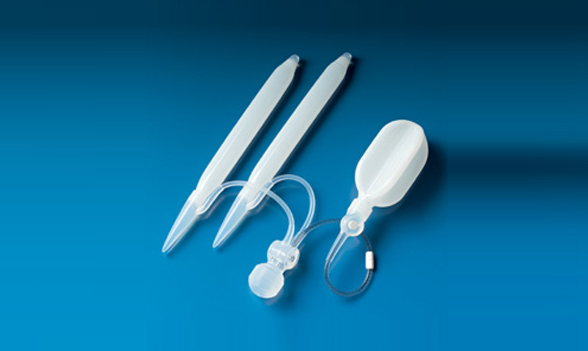Tel: 07966 934700
Email: [email protected]

The insertion of a penile implant (or prosthesis) is a specialised surgical procedure in which an internally placed device takes the place of a patient’s own existing, but poorly-functioning penile tissues. Some devices consist of a pair of malleable (semi-rigid) rods which can be bent up or down to provide erection or concealment, and others comprise a multi-part inflatable system.

What are the indications for this procedure ?
Most men with erectile dysfunction will have tried tablets such as Cialis, Levitra ,Viagra or Spedra(called PDE5 inhibitors). These provide good results in the vast majority of men and are certainly to be recommended long before a surgical option to E.D. is discussed. However, there are a number of situations where drug therapy is not the long-term answer:
Will my erection be the same with an implant ?
Any man (and his partner) considering this type of surgery should be aware that the erection will be different in some ways. It is important to accept that erection will now occur due to active inflation or mobilisation of the implant rather than spontaneously as a result of arousal. The mechanics of inflatable devices are such that expansion of girth is much greater than length expansion (for most devices this is very limited), and for semi-rigid implants there is no change in size from the “flaccid” or concealed state. It must also be made clear that no implant leads to hardness of the head of the penis. This does cause minor difficulties for some men in penetration, but many will find the use of medication may subsequently allow engorgement of the head even when an implant is in place.
What are the complications of penile implant surgery ?
This type of surgery is particularly specialised and best results are seen in surgeons performing more than ten of these procedures each year. Complications can still arise, and these are broadly of two types: